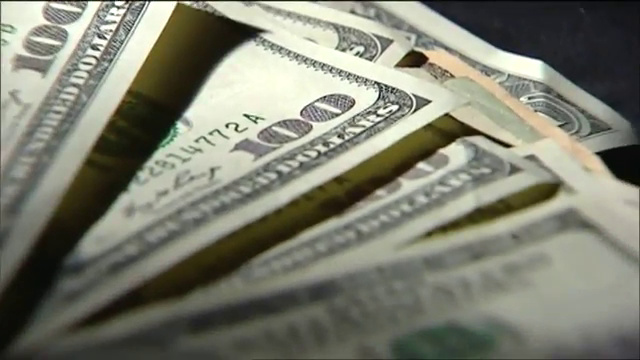TALLAHASSEE, Fla. (AP) — Despite a growing economy, the Republican-led Florida Legislature could wind up spending the next two months in yet another round of bruising budget battles.
Florida legislators will enter the 2018 session that kicks off Tuesday with some simple math problems: more money is coming in, but the push for increased spending – coupled with years of tax cuts – means there just isn’t enough to go around.
They are also grappling with the cost of hurricane recovery and preparations for the next storm season. Another potential problem is that money for the state’s children’s health insurance program could run out in March if Congress doesn’t authorize additional federal funding.
Legislative leaders are predicting so far that they will be able to work out a compromise.
“I think there’s a way for everyone to achieve success in the budget arena,” said Senate President Joe Negron.
Last year, fissures among Republicans pushed state government to the brink of a shutdown as they feuded over whether to set aside money for programs favored by Gov. Rick Scott including one that provided incentives to businesses relocating to the Sunshine State. Legislators didn’t finish up their work until June.
In a year when Scott and other top Republicans are expected to be on the ballot, there will be greater pressure to wrap up work on time and avoid a messy outcome.
But the state’s finances have tightened up. The annual budget forecast released back in September projected that after setting aside money for Medicaid and schools and other recurring expenses that the state would have a surplus of just $52 million during the fiscal year that starts in July 2018. That forecast came before Hurricane Irma ripped across the state. While Florida expects to get reimbursed from the federal government, the state has been forced to pay nearly $1 billion storm-related expenses.
Scott has asked for a nearly $87.4 billion budget — roughly 25 percent larger than the one passed during Scott’s first year — that calls for spending more on nearly everything from schools to the environment. The governor maintains that there is enough money to pay for his priorities.
Some of the governor’s recommendations, however, could spark a tug-of-war with the Legislature. Scott wants to boost the amount spent on each public school student by nearly 3 percent, or $200 more a year and he is advocating an $100 increase to each teacher to help pay for school supplies.
But Scott’s budget relies on a rise in local property values, which House Republicans say is tantamount to a tax increase since the increased values usually translate into a higher local tax bill.
“I’ve said it a thousand times. We will not raise taxes,” House Speaker Richard Corcoran said last month on Florida Face to Face, a television show produced by the state.
GOP leaders have other different spending items on their wish list: Scott wants more money for Visit Florida, the state’s tourism marketing arm, as well as another large infusion to a job growth fund that was set up last year as a compromise with Corcoran. Scott also wants more money for beach restoration as well as increased spending on the state’s opioid crisis and housing programs to help victims from Irma.
Negron and the Senate are pushing again this year to boost the amount of money set aside for Florida’s popular Bright Futures college scholarship program. That comes with a nearly $141 million price tag in the first year alone. Sen. Rob Bradley, the Senate budget chairman, wants to set aside $100 million collected from real estate taxes for Florida Forever, the state’s environmental land-buying program.
“The question will be how we prioritize who’s going to get what,” said Rep. Jared Moskowitz, a Coral Springs and the lead Democrat on the House budget committee. “That’s the reality of the politics of the moment.”
Copyright 2024 The Associated Press. All rights reserved. This material may not be published, broadcast, rewritten or redistributed.

